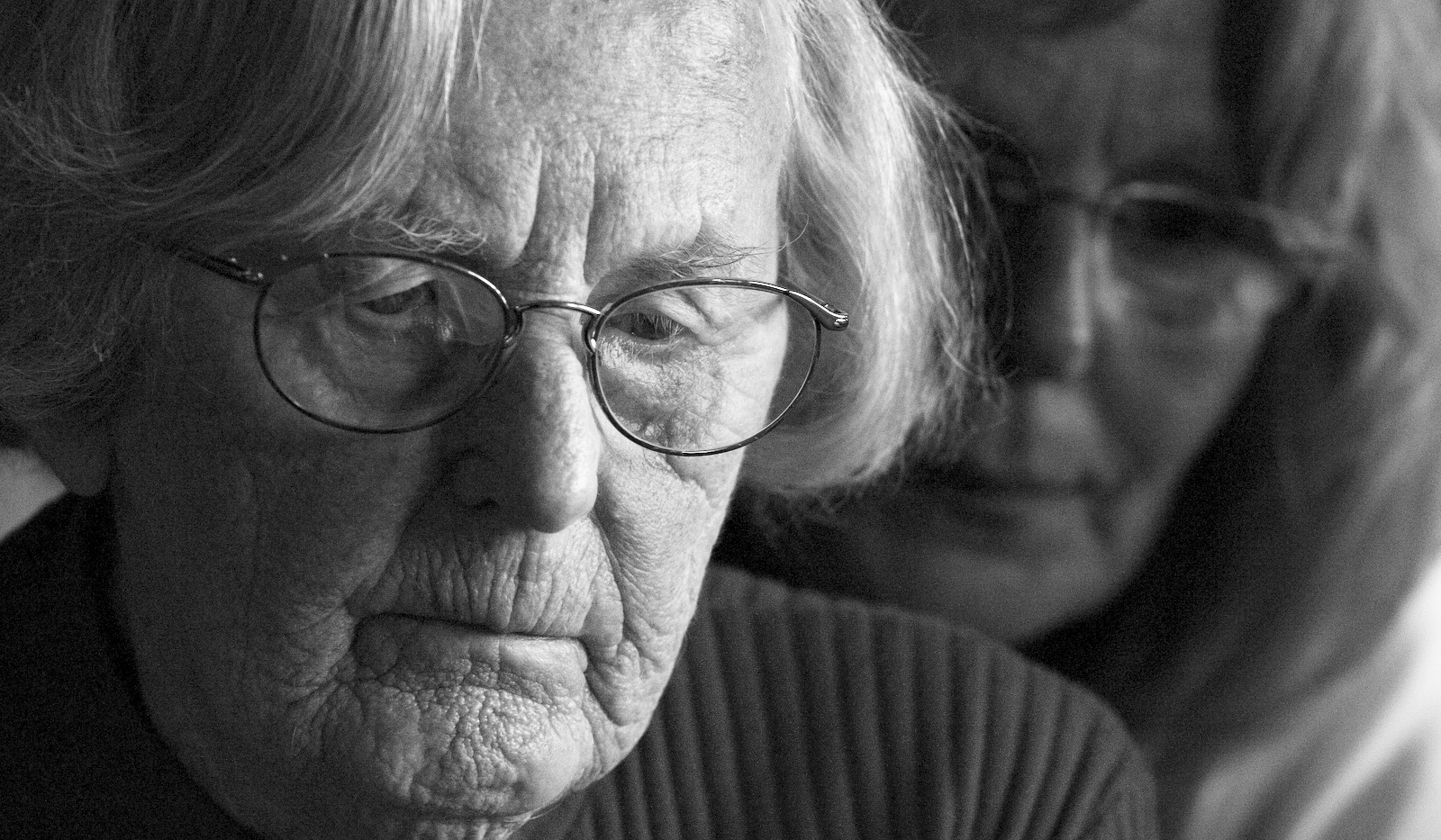Imagine, for a moment, a hypothetical 75 year old woman, Alice. Alice has a suppressed immune system as part of her cancer treatment. She is in a precarious situation right now with a heightened risk to coronavirus. If she gets it, she might be in a lot of trouble. She might suffer badly, and she might be at risk of dying. Since her birth in 1945, she has seen and overcome many risks: When Alice became a mother in 1965, at the age of 21, 26.9 out of every thousand women died during the perinatal period (though then, the leading cause of maternal death was a botched criminal abortion). Today, 5.9 women die during the same time (despite pregnant women today being, on average, substantially older than in the 1960s). When Alice got her driving license in 1966, the death rate per mile driven was more than thirty times (!!!) higher than it is today.
Our hypothetical Alice has faced risk, has endured risk, and has overcome risk. In each of those dangerous circumstances, Alice didn’t just take the risk of dying: she had to balance that risk against the benefit of each activity. Yes, having a child was risky. But the love of that child over the subsequent 55 years was literally the purpose of her life. Yes, driving in the 1960s was risky. But being able to transport groceries and children to and from the home was a wonderful benefit compared to Alice’s grandparents who did not have motorised vehicles.
In 2020, our hypothetical Alice faces another pair of risks: the risk of her cancer, and the risk of contracting coronavirus. Those are deep and dangerous risks – either could kill her.
As a result, Alice needs to manage her behaviour. She needs to make choices – and different Alices, who face the same set of facts, might make different choices.
One Alice might decide that they want to completely isolate for months – and that’s fine! Another Alice might decide that they are willing to face the risk of an extra hug with their grand kids – and that’s fine! Another Alice might visit the grand kids, but stay in the garden, away from the youngest loves of her life – and that’s fine!
Each of those choices can be reasonable. Each hypothetical Alice can – and should – be allowed to make the decision that she thinks is best for her.
I could never imagine imposing my decision on Alice. So who the hell is a Government to tell any Alice that they are wrong? If these hypothetical Alices are unfit to make their own judgments and control their own bodies here, then who the hell are we to impose our choices upon them?
The hubris of the Coronavirus nanny state
There was, of course, a time when the draconian lockdown restrictions made sense – when our hospitals were at risk of overcrowding. In the height of the urgency, it was plausible for Governments which had been slow to prepare to impose restrictions on the public.
But it is now time to stop with the hubris of silly rules and start trusting the public. Government pronouncements that vulnerable people are now “allowed” to “to take up to an hour’s exercise each day” are silly and arrogant. Does anyone seriously believe that a vulnerable person who has exercised for 65 minutes will be prosecuted? Of course not. These laws are now getting so complicated that the Government can’t even properly write them into law, and now, “the Council of Ministers may make guidance” for more exceptions without going through even the abbreviated emergency powers rules – the rules now need to just be published on the Government website (and given that the Government website had various errors through this emergency, that should not give the public much cause for confidence).
The Government’s strategy here is just flawed – rather than making these very specific rules with detail that seems to be ignored anyway, they should start providing trusted and transparent information. They should be open and honest about the medical risks. Instead of hiding the data, the Manx Government should share it – share the risk factors, share the latest medical information, and allow people to judge their own risks. No one wants to get sick and die, but also, people want to hug their grandchildren, their children, their girlfriends and their boyfriends.
The alternative is dire – Alice missing out on a final choice to hug her loved ones one more time.


Leave a comment